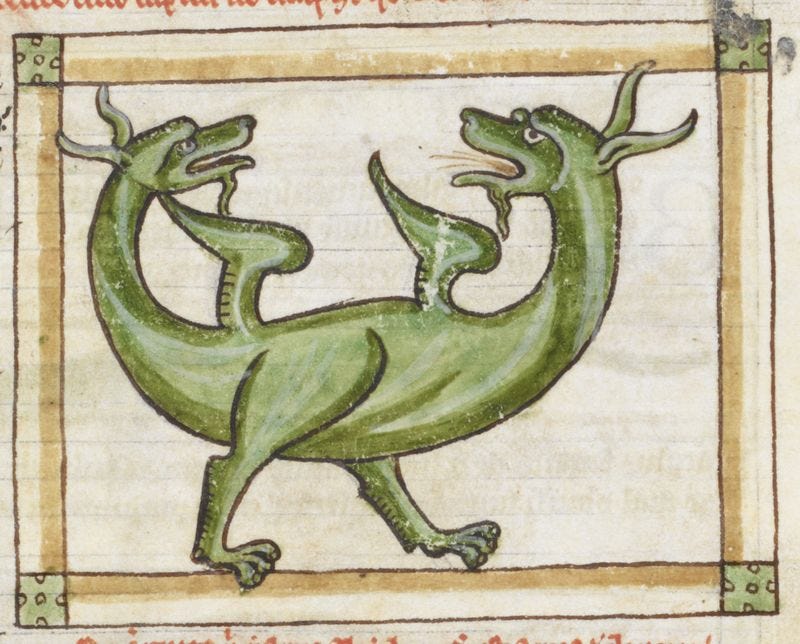In praise of uncertainty

Better the devil you know than the devil you don't, says the famous Irish proverb. Some good advice is to stick with it. With the devil you know, that is.
Nearly everything we do in our lives is to r…
Keep reading with a 7-day free trial
Subscribe to Biblonia to keep reading this post and get 7 days of free access to the full post archives.

